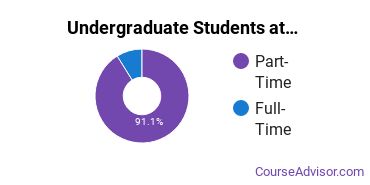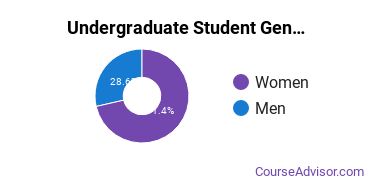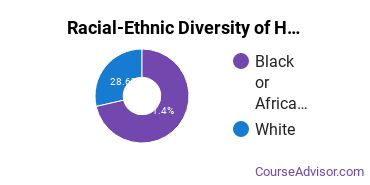Huntsville Bible College Overview
Located in Huntsville, Alabama, Huntsville Bible College is a private not-for-profit institution. The location of the school is great for students who enjoy the amenities of city life.
What Is Huntsville Bible College Known For?
- Students who want to work more closely with their professors have an easier time at Huntsville Bible College since the student to facuty ratio is 7 to 1.
- The doctor's degree is the highest award offered at Huntsville Bible College.
Where Is Huntsville Bible College?

Contact details for Huntsville Bible College are given below.
| Contact Details | |
|---|---|
| Address: | 906 Oakwood Ave, Huntsville, AL 35811 |
| Phone: | 256-469-7536 |
| Website: | www.huntsvillebiblecollege.org |
How Do I Get Into Huntsville Bible College?
You can apply to Huntsville Bible College online at: www.huntsvillebiblecollege.org/admissions/
Can I Afford Huntsville Bible College?
Student Loan Debt
Almost 66% of college students who graduated with the class of 2018 took out student loans, but that percentage varies from school to school. At Huntsville Bible College, approximately 100% of students took out student loans averaging $9,402 a year. That adds up to $37,608 over four years for those students.
Explore Best Ranked Schools for You
Huntsville Bible College Undergraduate Student Diversity

There are also 30 graduate students at the school.
Gender Diversity
Of the 7 full-time undergraduates at Huntsville Bible College, 57% are male and 43% are female.

Racial-Ethnic Diversity
The racial-ethnic breakdown of Huntsville Bible College students is as follows.

| Race/Ethnicity | Number of Grads |
|---|---|
| Asian | 0 |
| Black or African American | 5 |
| Hispanic or Latino | 0 |
| White | 2 |
| International Students | 0 |
| Other Races/Ethnicities | 0 |
Geographic Diversity
Alabama students aren't the only ones who study at Huntsville Bible College. At this time, 2 states are represented by the student population at the school.
Huntsville Bible College Undergraduate Concentrations
The table below shows the number of awards for each concentration.
| Major | Associate’s | Undergraduate Certificate | Bachelor’s | Master’s | Doctor’s | TOTAL |
|---|---|---|---|---|---|---|
| Theological & Ministerial Studies | 0 | 0 | 0 | 5 | 2 | 7 |
| Religious Education | 1 | 0 | 5 | 0 | 0 | 6 |
| Teacher Education Grade Specific | 2 | 0 | 0 | 0 | 0 | 2 |
| Business Administration & Management | 1 | 0 | 0 | 0 | 0 | 1 |
| Biblical Studies | 0 | 1 | 0 | 0 | 0 | 1 |
| Computer Information Systems | 0 | 0 | 0 | 0 | 0 | 0 |
| Social Work | 0 | 0 | 0 | 0 | 0 | 0 |
| Missionary Studies | 0 | 0 | 0 | 0 | 0 | 0 |
| TOTAL | 4 | 1 | 5 | 5 | 2 | 17 |
References
*The racial-ethnic minorities count is calculated by taking the total number of students and subtracting white students, international students, and students whose race/ethnicity was unknown. This number is then divided by the total number of students at the school to obtain the racial-ethnic minorities percentage.
More about our data sources and methodologies.
